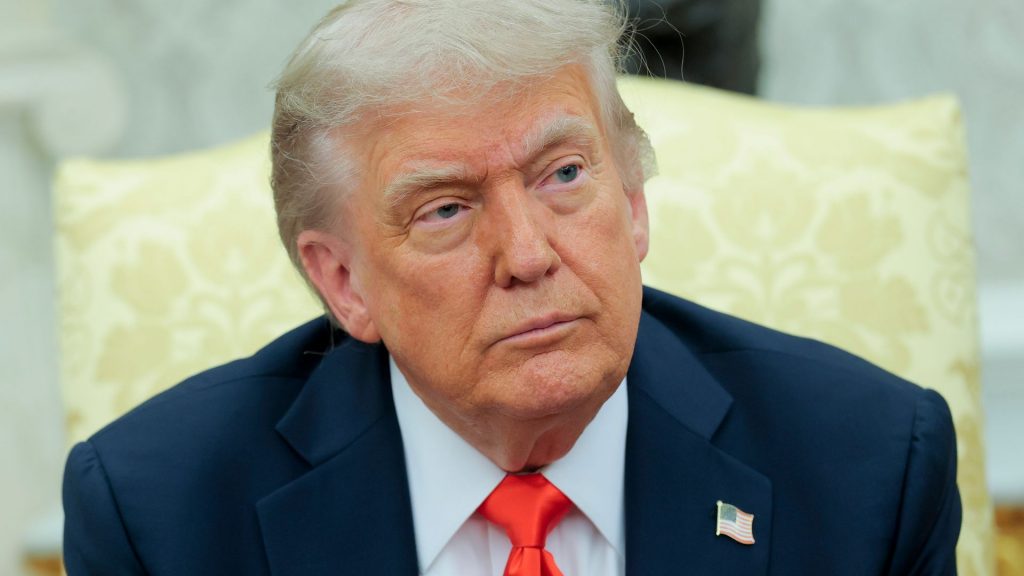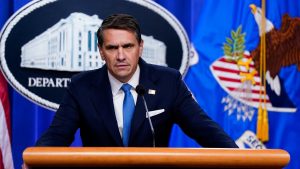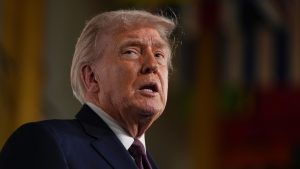Legal settlements boost Trump plans for Florida presidential library

Amid an active second term filled with executive orders and policy battles, President Donald Trump has begun laying the groundwork for his presidential library, with signs pointing to Florida as his top choice. Trump’s got a substantial nest egg supplemented by legal settlements from media companies and a family-run nonprofit which will allow him to build a monument to his time in office.
Future of Trump’s presidential library
During his first term, President Donald Trump showed little interest in establishing a presidential library. In his second term, that focus appears to be shifting. According to The Wall Street Journal, Trump is considering the campus of Florida Atlantic University (FAU) as a potential site for the library. The college has offered the president free land for use through a 100-year lease, according to the WSJ.
According to a source familiar with the situation, President Trump is close to reaching an agreement with FAU to build his library. The source also noted that the university’s location near Trump’s Mar-a-Lago golf club makes it an attractive site for the project.
Trump is currently holding a $37 million cash reserve, fueled by legal settlements with Meta and ABC News. That figure could grow even larger if an expected settlement with Paramount over a “60 Minutes” interview with then-Vice President Kamala Harris goes Trump’s way.
Unbiased. Straight Facts.TM
There are 16 presidential libraries in the U.S., with the first being opened to the public by Franklin D. Roosevelt in 1941.

In addition to his legal settlements, Trump has access to funds from his inauguration and support from a nonprofit launched by his sons to help bankroll the presidential library. The Donald J. Trump Presidential Library Foundation, Inc. was incorporated in Florida on May 19, according to public records. The foundation is described as being dedicated to charitable, educational and historical purposes, with the goal of celebrating and preserving the legacy of Trump’s presidency.
What goes into these historical sites?
In the past, presidents owned the documents accumulated during their term and could choose where to donate them for public viewing. Since Jan. 20, 1981, presidential records have belonged to the U.S. government under the Presidential Records Act. This law ensures that the government maintains full control over these records and manages them in accordance with strict rules.
The WSJ reports that Trump intends to display the $400 million jet gifted by Qatar as a key attraction at his presidential library, offering visitors a unique experience to tour the aircraft. It’s a nod to Ronald Reagan’s Presidential Library, where his Air Force One is in full view for guests.
What about the libraries of former presidents?
The concept of presidential libraries dates back to the 1930s with President Franklin D. Roosevelt. His library set the standard and became a model for future presidents to preserve and showcase their legacies.
Presidents typically choose locations that are either their hometown or somewhere symbolic of their upbringing. Presidential libraries are managed by the National Archives and Records Administration (NARA), which oversees the records and exhibits they contain. Currently, NARA is responsible for 16 libraries, including those of Herbert Hoover, Harry S. Truman, Jimmy Carter and most recently, George W. Bush and Barack Obama.
Obama’s presidential library in Chicago is different, it operates as a private entity, so NARA does not physically house the records there. Instead, the Obama Foundation owns and runs the center. NARA still has legal custody of the presidential records and handles their digitization. Bush’s foundation also has a similar approach, as both have the power to dictate how information is presented at their facilities.
What about Joe Biden?
With Joe Biden now out of office, the focus turns to planning his presidential library. In an interview with USA Today during his final days as president, Biden said he wants the library to be located in his home state of Delaware.
He also mentioned interest from the University of Delaware and the University of Pennsylvania, which already hosts a center for diplomacy named in his honor.





